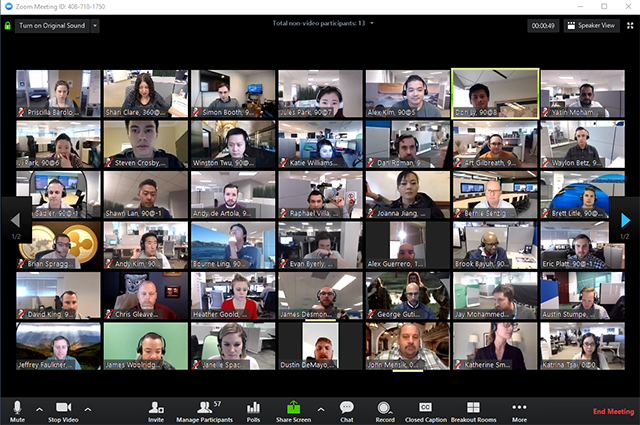Events
Conferences, talks & workshops for PGRs
- This event has passed.
Dress for the job you want

Thinking, researching, and being online
We are pleased to invite you to the final in a series of workshops on ‘thinking, researching, and being online.’
The past year has brought about changes we could hardly have predicted. With archives closed and research participants accessible only via video calls, much of the research in the humanities has been moved online at an unprecedented rate. While this has been a challenge for many projects and researchers have had to re-evaluate and reinvent their work, the rapid change has brought about a new interest in working online.
Is this what the ‘digital’ humanities look like? How might we make sense of the explosion of online activity? How can researchers account for the ‘Zoom effect’? And what data can we find online anyway?
This workshop shifts focus to ‘being’ online and explore the affective aspects – including sentiment, emotional, and kinesic analysis – of online research and communication.
The event will be held on Zoom. Registration essential via Eventbrite.

Dress for the job you want: gesture studies and pragmatics to the presentation of self in the Zoom age
Professor Jean-Rémi Lapaire
Language is there everywhere, yet it strangely escapes us. That is bad news indeed, but the good news is that we can all become more careful users of language and perceptive speaker-listeners quite easily if we are told what to be on the lookout for. And this is exactly what this workshop is going to be about. The workshop will not give you the 5 tips for becoming ‘successful’ participants in a Zoom session, but it will provide a handy ‘tool box’ for self-analysis (when you speak) and active listenership (when others talk).
It will consider the following:
- The physicality of speech (defining gesture space and the kinesphere, gesture types, vocal and non-vocal articulators of meaning, facial expressions, gaze orientation, bodily expressions of abstraction and reasoning) while introducing the central notion of patternment;
- A joint exploration of speech roles (highlighting the importance of reception, not just production);
- The functions and effects produced by silence and sound, stillness and movement; pacing, pausing and speed;
- Finally, the social grammar of speech will be outlined: context, stance (how we ‘stand’ in relation to others), accommodation and discourse structure, horizontal vs. vertical relationships, report and rapport talk (Tannen 1990), turn-taking and interruptions, facework (and its corollaries, linguistic politeness, indirectness, apologies, compliment strategies).
We will consider together how all these parameters might be handled to produce a ‘good impression’ (since this is what we are looking for, after all). During this Zoom session, participants will be given the opportunity to do simple exercises for vocal and postural training, based on poetry reading. It is hoped this will bring something new and exciting to you, something different from the (very useful) ‘role playing’ exercises you may have already done in other ‘professional communication’ workshops.
 |
Jean-Rémi Lapaire is a Professor in Cognitive Linguistics, Embodiment and Gesture Studies at the Université Bordeaux Montaigne. He has published widely in the fields of grammar, gesture, and cognition. |